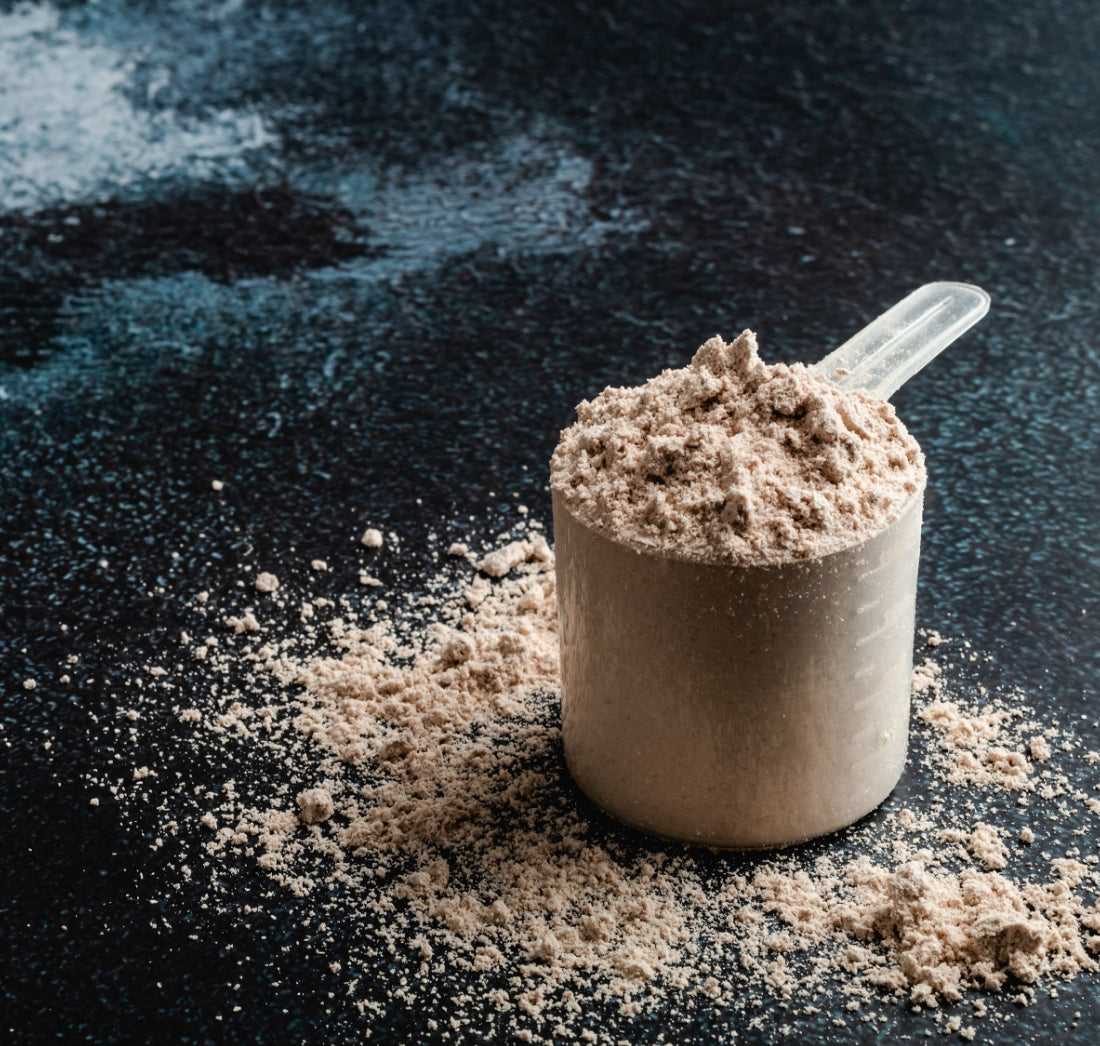Improving your digestion isn't all about buying supplements. There are daily practices you can begin implementing to improve your digestion that don’t cost a cent.
-Entering a Parasympathetic State-
Your sympathetic nervous system responds to stress, is ready for action, and is activated to protect you and mobilize you at a moment’s notice. This is obviously an essential survival mechanism, but we incur so many stressors in our modern lifestyle that our sympathetic nervous system doesn’t know how to decipher them from credible threats, and it gets left “on” most of the time. There are a few functions in the body that require a stress-free, parasympathetic state. These are bodily tasks that can often put you in a vulnerable and compromised position—like sleep, or sex, or childbirth—or they are processes that your body can put on the back burner and save energy for in order to respond to the immediate stress at hand. Digestion is one of those processes.
Imagine—metaphorically—that your digestive juices are running through a garden hose, and the garden hose is made of all the muscles and tissues of your digestive system. Under tension and stress they contract, making the muscles themselves tight and immovable and also restricting the flow of enzymes, bile, hydrochloric acid, and the rest of the digestive tap and even increasing the pressure. When it relaxes, muscles and organs are supple and everything flows smoothly. There are conscious, effective, and free practices we can put into place to bring our bodies into a parasympathetic state and signal to our bodies that it’s time to rest and digest, and things we can do to assist our digestive system in its task so that everything North to South is running optimally.

1. Stay Hydrated
In the hours before your meal, ensure you’re adequately hydrated. Not only is dehydration stressful on the body, it can affect the quality and quantity of important digestive juices and impede your body’s assimilation of nutrients. Drinking a glass of water about 30 minutes before you plan to eat is a good back-up rule of thumb.
2. Flirt with Your Food
While you’re preparing your meal, experience the tastes, aro mas, and textures of your food. This excites the parotid glands and gives your digestive system time to warm up. Bring the whole bunch of herbs to your face before you begin chopping, taste the sauce while it cooks, lick the juices from your fingers. All of these will send the message to your body that it’s time to eat and digest, and it will take the hint. Using digestive bitters helps to fast-tract this communication process whether you’re cooking at home or catching a quick business lunch on the go.
mas, and textures of your food. This excites the parotid glands and gives your digestive system time to warm up. Bring the whole bunch of herbs to your face before you begin chopping, taste the sauce while it cooks, lick the juices from your fingers. All of these will send the message to your body that it’s time to eat and digest, and it will take the hint. Using digestive bitters helps to fast-tract this communication process whether you’re cooking at home or catching a quick business lunch on the go.
3. Light Some Candles
The same way light can affect the quality of our sleep, it can do the same for the other parasympathetic systems in our bodies that need a calm and stress-free environment. Avoiding bright and glaring lights at the dinner table can help, and in the day time eating outside in natural light will have the same effect. Any small changes you can make to improve your environment while you eat and in the hour following will benefit your digestive system. This is also true for working or driving while you eat, which can pull you into a sympathetic state.
4. Five Deep Breaths
Just start with five deep breaths before you take your first bite. Inhale and exhale fully, then calmly rest for a second or two while you wait for your body to take the next breath. It takes only about 45 seconds, but will work wonders for switching off your sympathetic nervous system to prepare for digestion. Culturally this pause before the meal is often the time we might say a prayer or offer gratitude as well, which is another calm and mindful way to bring the body out of stress before eating. This is helping to release tension in that “garden hose” metaphor we used earlier.

5. Chew Your Food Like Grandma Taught You
Our grandparents weren't just being hard on us, they were right! Chewing your food properly takes an enormous burden off the rest of the digestive system down the line, improves nutrient absorption, and also helps to satisfy your hunger for longer. The ultimate goal is for food to be essentially liquified before you swallow it, about 20-30 chews per bite. It can sound excessive, but think about it: Our bodies were designed for chewing, and our ancestral diets would have required more of it from us. Today’s convenience foods don’t, and your body misses out on this hardwired input that sends signals to our brains to release digestive hormones, enzymes, and satiety signals. What’s more, whatever work doesn’t get done in your mouth gets outsourced to the stomach, which can create the heavy burden of breaking down dense foods and result in heartburn, malabsorption, and gut issues down the line. If you’re crunched for time, it’s actually better to have eaten less food that is chewed more thoroughly than to have had an entire meal that wasn’t—the former will supply your body with more readily available nutrients and less digestive upset, the latter is going to leave you feeling like you have a brick in your stomach without a lot of optimal absorption. Mastication is in!
Adding Surthrival’s digestive bitters in to your upgraded mealtime ritual can help cue you into a more mindful way of eating that makes you feel self-aware, energized, and ready to take on your day!









Leave a comment (all fields required)